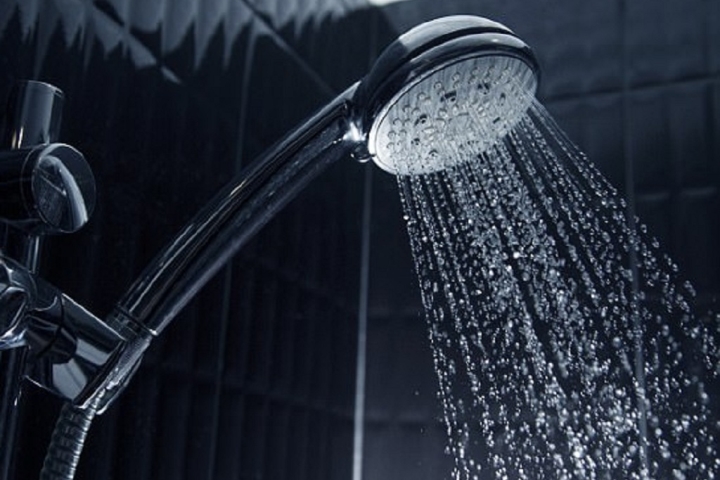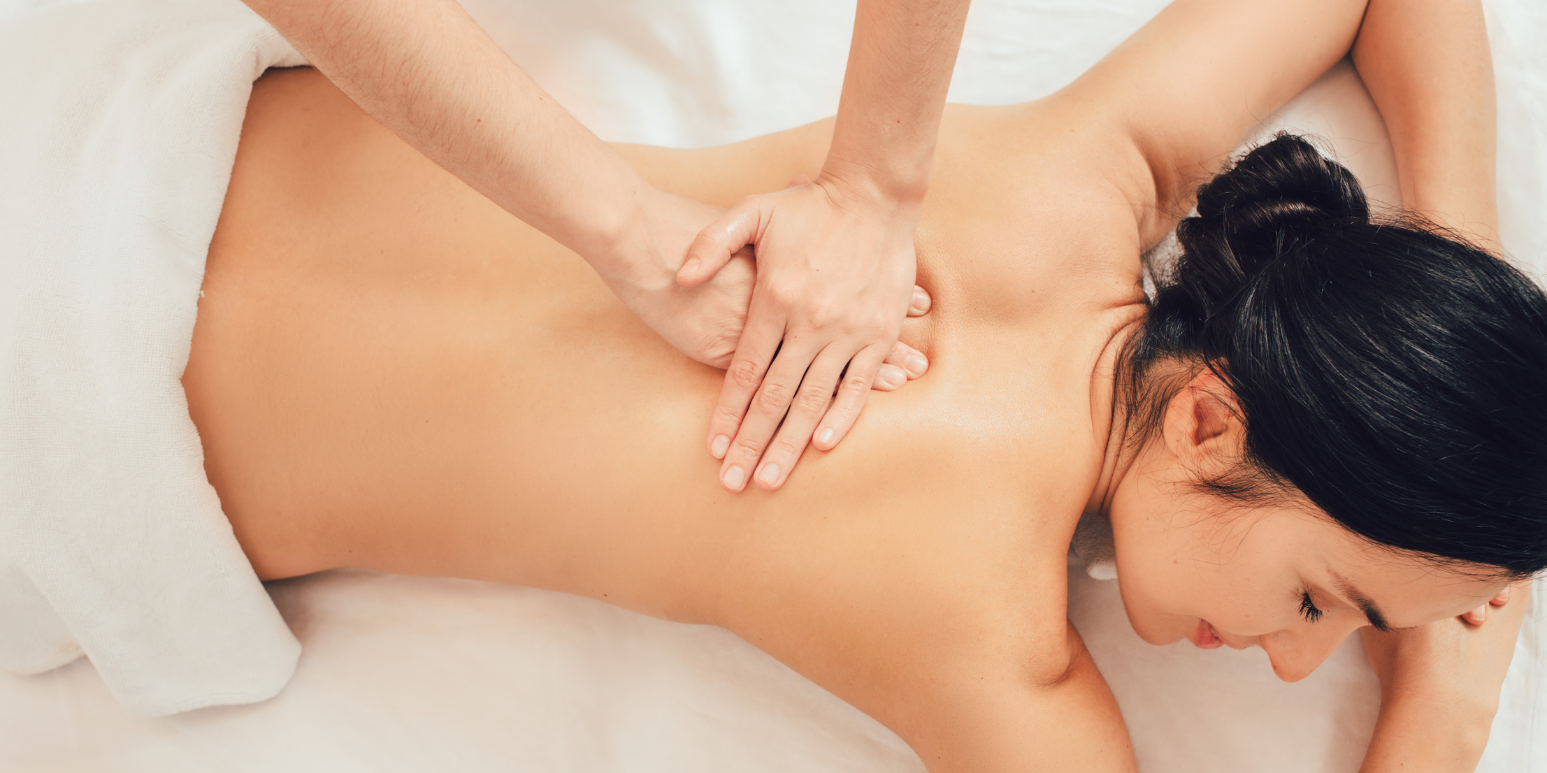Why Do Traditional Medicine Practitioners Advise Against Late-Night Showers?
Frequent late-night showers can weaken the body, increase susceptibility to colds, and trigger issues such as back pain, knee fatigue, frequent urination at night, and poor sleep quality -according to Traditional Medicine principles.
Rita Nguyen Thi Minh Ngoc, an expert in Traditional Medicine and Natural Healing Therapy at Wellness Homes NZ, shares insights into why showering late at night is considered an unhealthy habit. Based on Traditional Medicine theories, this practice may have several negative effects on overall well-being.

The Traditional Medicine Perspective on Late-Night Showers
According to the Heaven-Human Unity Theory—one of the five foundational theories of Traditional Medicine—the human body is viewed as a microcosm. To maintain good health, all organ functions, meridians, and vital energy (Qi and Blood) must remain balanced.
At night, Yang Qi (the protective energy of the body) gradually declines, while Yin Qi (the nourishing energy) rises in preparation for sleep and recovery. Late-night showers expose the body to external factors such as wind, cold, and dampness. Whether using warm or cold water, the impact on the body remains similar.
The Negative Effects of Late-Night Showers
1. Disrupts Yin-Yang Balance & Weakens Yang Qi
During nighttime, Yang Qi diminishes, and Yin Qi dominates. Taking a shower at this time—whether with cold or warm water—can deplete Yang Qi, leading to an imbalance and overall weakness.
2. Weakens the Body’s Natural Defenses
External factors like wind, cold, and dampness are more likely to invade the body at night when its protective energy is weakened. This increases the risk of catching colds, feeling fatigued, or experiencing symptoms like chills and muscle weakness.
3. Causes Meridians Blockage
Insufficient Yang Qi circulation combined with prolonged exposure to water may lead to blocked meridians. Over time, this can cause muscle and joint pain, numbness, or in severe cases, mobility issues—especially for those with underlying health conditions or weakened immune systems.
4. Affects Organ Functions
In Traditional Medicine, the Kidneys are closely related to water regulation in the body. Regular late-night showers over months or years can weaken Kidney Yang, potentially leading to issues like lower back pain, knee fatigue, and frequent nighttime urination.
5. Negatively Impacts Sleep Quality
Although a night shower may feel relaxing, habitual late-night showers can overstimulate the nervous system, making it harder to fall asleep. This effect is more pronounced in middle-aged individuals, reducing overall sleep quality.
6. Reduces Overall Quality of Life
Long-term exposure to poor sleep and weakened immunity can lower quality of life, making the body more vulnerable to illnesses and chronic fatigue.

How to Prevent & Address the Effects of Late-Night Showers with Traditional Medicine
1. Adjust Daily Habits
Avoid showering after 7-8 PM, especially in winter, during cold weather, or when experiencing low blood circulation.
This is particularly important for elderly individuals, young children, and those with weakened health conditions.
If necessary, use warm water and shower quickly—avoid soaking in a bathtub or prolonged water exposure.
2. Protect the Body After Showering
Dry off immediately, wear warm clothing, and avoid exposure to drafts.
If washing hair, blow-dry thoroughly instead of letting it air dry.
3. Use Traditional Healing Methods
Apply heat therapy or soak feet in warm water with ginger or salt for about 5 minutes before bed to promote blood circulation.
Massage the soles of the feet and stimulate acupressure points to relax the body.
Steam therapy with herbs like pomelo leaves, lemongrass, or mugwort can help expel cold and dampness—best done in the morning or afternoon, not at night.
4. Use Herbal Remedies for Support
After showering, drink warm ginger tea or herbal teas like chamomile or lotus seed tea to maintain body warmth and calm the mind.
Consider using herbal compresses for added warmth and relaxation.

Expert Advice
Listen to your body—if feeling fatigued, take time to rest and avoid overexertion, especially at night.
Maintain Yang Qi by keeping warm, eating nourishing foods, and avoiding late-night activities.
Exercise gently to strengthen immunity and resilience.
Shower in the morning or early evening rather than late at night to safeguard your health.
Taking small but mindful steps in your daily routine can have a profound impact on your health, energy levels, and overall well-being.
🌿 Prioritize your health with natural healing wisdom at Wellness Homes NZ! 🌿
